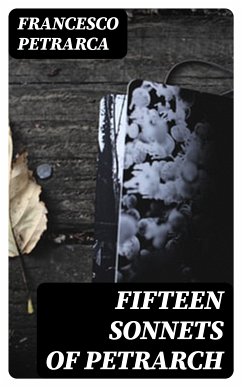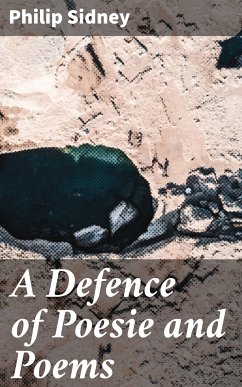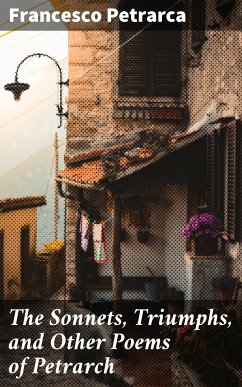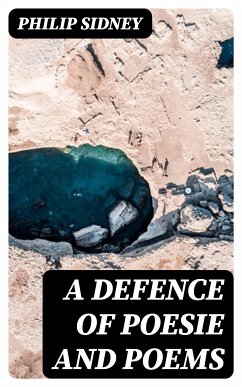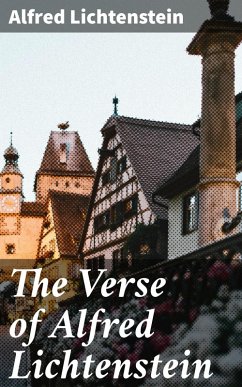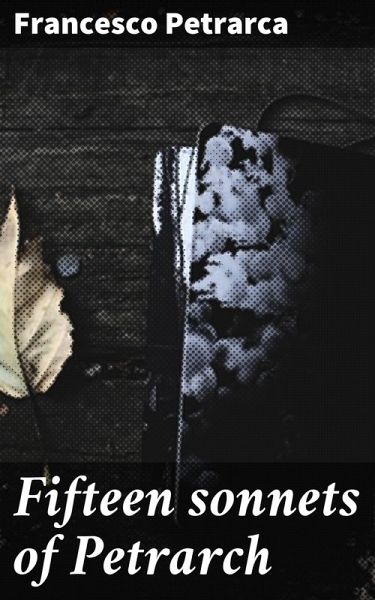
Fifteen sonnets of Petrarch (eBook, ePUB)
Elegant verses of unrequited love and timeless beauty
Übersetzer: Higginson, Thomas Wentworth

PAYBACK Punkte
0 °P sammeln!
In 'Fifteen Sonnets of Petrarch,' the renowned Italian poet Francesco Petrarca masterfully employs the Petrarchan sonnet form, blending lyrical beauty with profound emotional depth. This selection showcases his exploration of unrequited love and the idealization of the beloved, typifying the Renaissance's shift towards individual expression and subjective experience. Each sonnet is intricately woven with rich imagery and philosophical reflections, revealing Petrarca'Äôs ability to capture the complexities of the human heart amidst the vibrant cultural milieu of 14th-century Italy. Francesco ...
In 'Fifteen Sonnets of Petrarch,' the renowned Italian poet Francesco Petrarca masterfully employs the Petrarchan sonnet form, blending lyrical beauty with profound emotional depth. This selection showcases his exploration of unrequited love and the idealization of the beloved, typifying the Renaissance's shift towards individual expression and subjective experience. Each sonnet is intricately woven with rich imagery and philosophical reflections, revealing Petrarca'Äôs ability to capture the complexities of the human heart amidst the vibrant cultural milieu of 14th-century Italy. Francesco Petrarca, often hailed as the father of Humanism, drew inspiration for these sonnets from his own experience of longing and devotion, particularly towards Laura, a mysterious woman who became the focal point of his poetic vision. His dual influences of classical literature and emerging Renaissance thought shaped his distinctive style, characterized by emotional intensity and technical innovation. Petrarca's relentless quest for beauty and truth propelled him to elevate vernacular poetry, laying the groundwork for future poets. This collection is essential for those seeking to understand the evolution of lyric poetry and its emotional resonance. Petrarca's sonnets not only embody the spirit of the Renaissance but also invite contemporary readers to reflect on the enduring nature of love and desire. This book is a celebration of timeless themes, making it a vital addition to any literary enthusiast's library.
Dieser Download kann aus rechtlichen Gründen nur mit Rechnungsadresse in A, B, BG, CY, CZ, D, DK, EW, E, FIN, F, GR, H, IRL, I, LT, L, LR, M, NL, PL, P, R, S, SLO, SK ausgeliefert werden.




